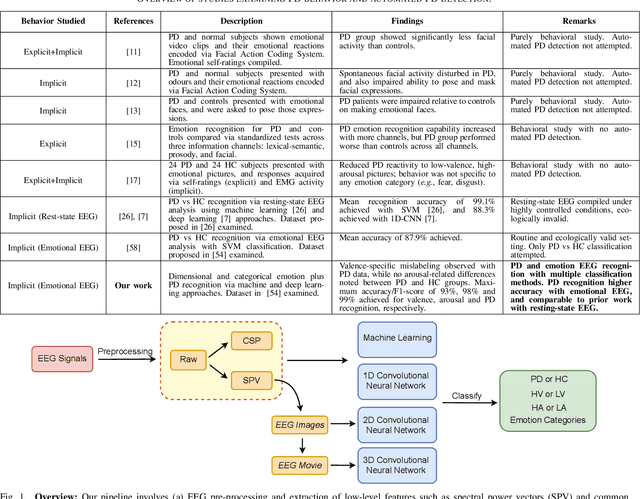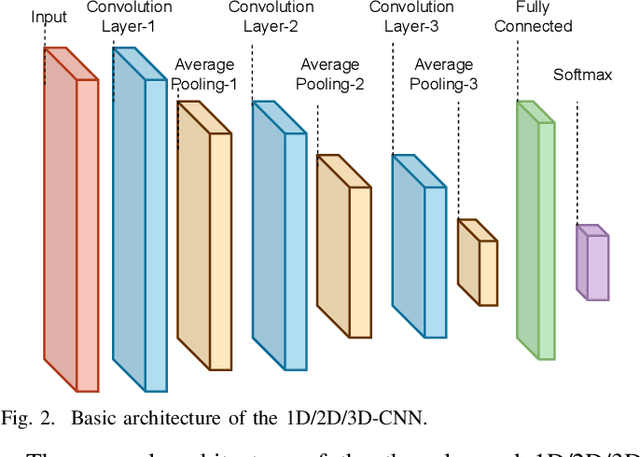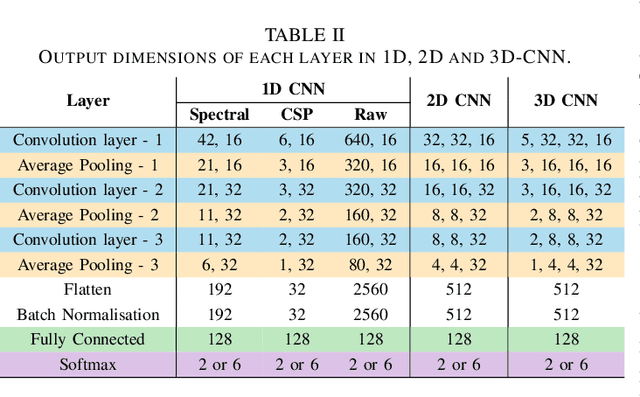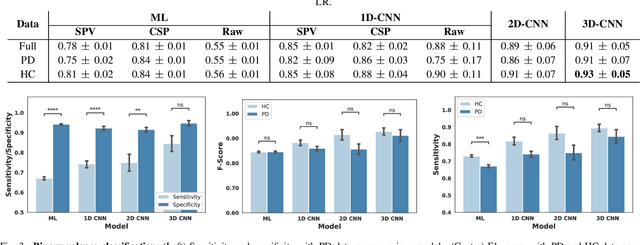Soujanya Narayana
A Weakly Supervised Approach to Emotion-change Prediction and Improved Mood Inference
Jun 12, 2023Abstract:Whilst a majority of affective computing research focuses on inferring emotions, examining mood or understanding the \textit{mood-emotion interplay} has received significantly less attention. Building on prior work, we (a) deduce and incorporate emotion-change ($\Delta$) information for inferring mood, without resorting to annotated labels, and (b) attempt mood prediction for long duration video clips, in alignment with the characterisation of mood. We generate the emotion-change ($\Delta$) labels via metric learning from a pre-trained Siamese Network, and use these in addition to mood labels for mood classification. Experiments evaluating \textit{unimodal} (training only using mood labels) vs \textit{multimodal} (training using mood plus $\Delta$ labels) models show that mood prediction benefits from the incorporation of emotion-change information, emphasising the importance of modelling the mood-emotion interplay for effective mood inference.
Automated Parkinson's Disease Detection and Affective Analysis from Emotional EEG Signals
Feb 21, 2022



Abstract:While Parkinson's disease (PD) is typically characterized by motor disorder, there is evidence of diminished emotion perception in PD patients. This study examines the utility of affective Electroencephalography (EEG) signals to understand emotional differences between PD vs Healthy Controls (HC), and for automated PD detection. Employing traditional machine learning and deep learning methods, we explore (a) dimensional and categorical emotion recognition, and (b) PD vs HC classification from emotional EEG signals. Our results reveal that PD patients comprehend arousal better than valence, and amongst emotion categories, \textit{fear}, \textit{disgust} and \textit{surprise} less accurately, and \textit{sadness} most accurately. Mislabeling analyses confirm confounds among opposite-valence emotions with PD data. Emotional EEG responses also achieve near-perfect PD vs HC recognition. {Cumulatively, our study demonstrates that (a) examining \textit{implicit} responses alone enables (i) discovery of valence-related impairments in PD patients, and (ii) differentiation of PD from HC, and (b) emotional EEG analysis is an ecologically-valid, effective, facile and sustainable tool for PD diagnosis vis-\'a-vis self reports, expert assessments and resting-state analysis.}
 Add to Chrome
Add to Chrome Add to Firefox
Add to Firefox Add to Edge
Add to Edge